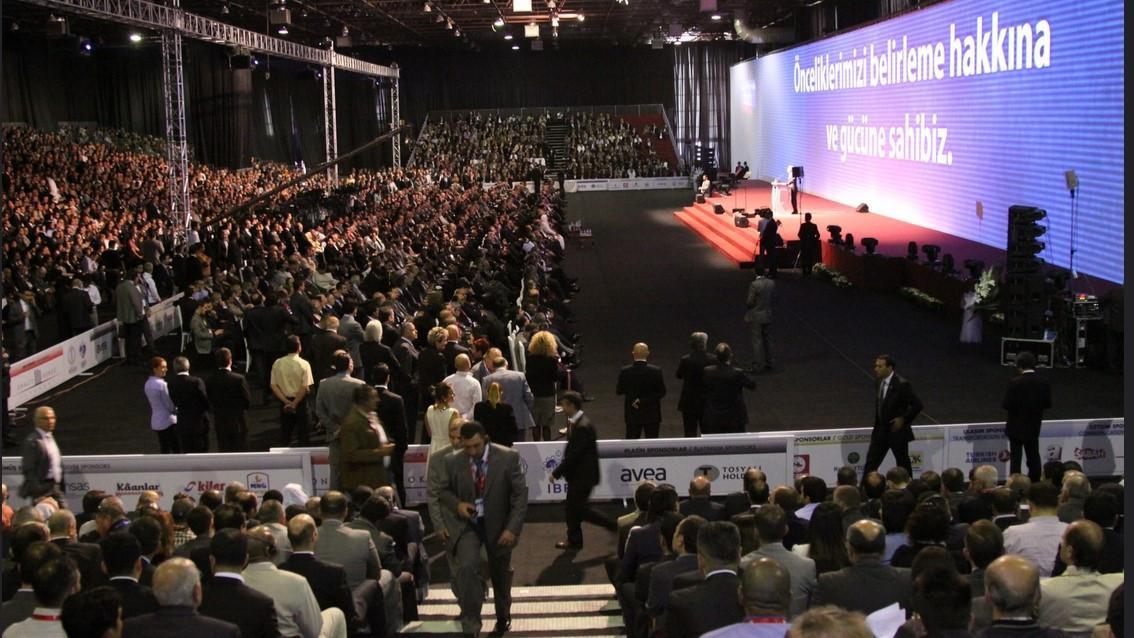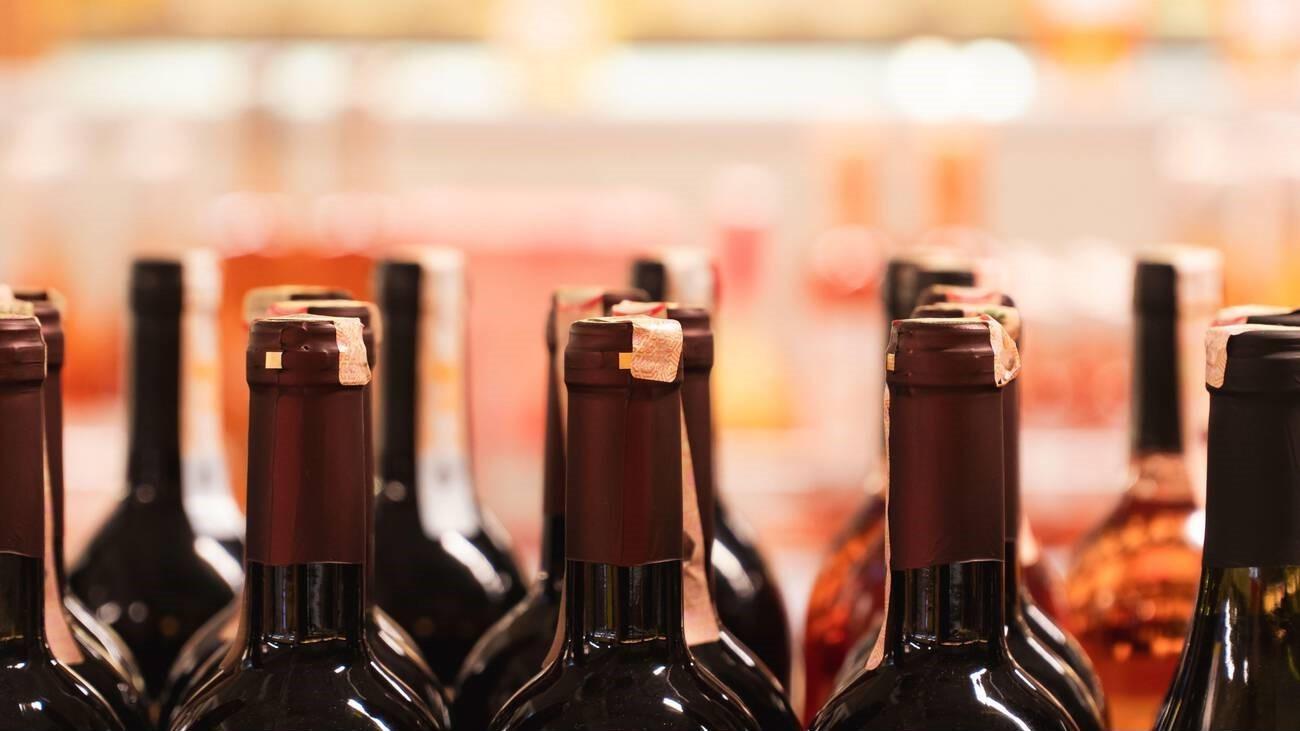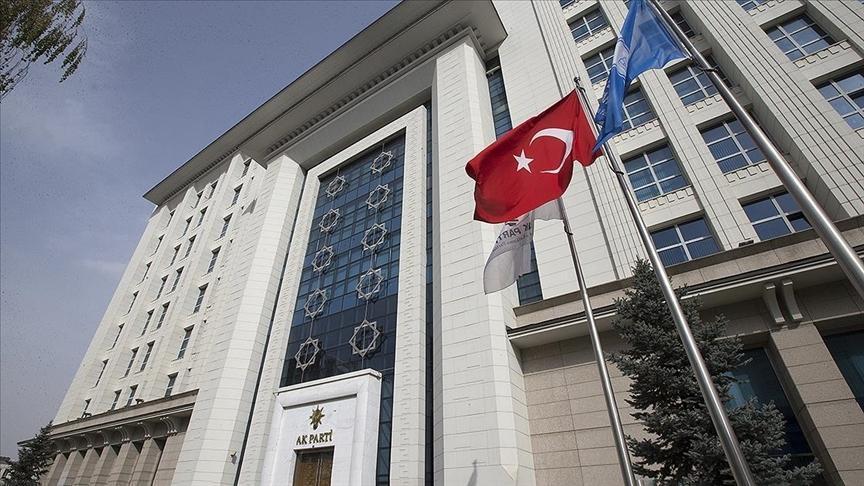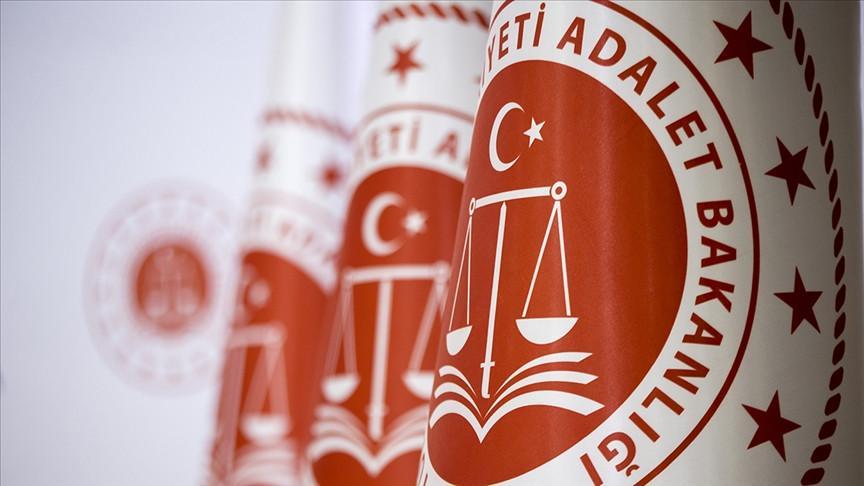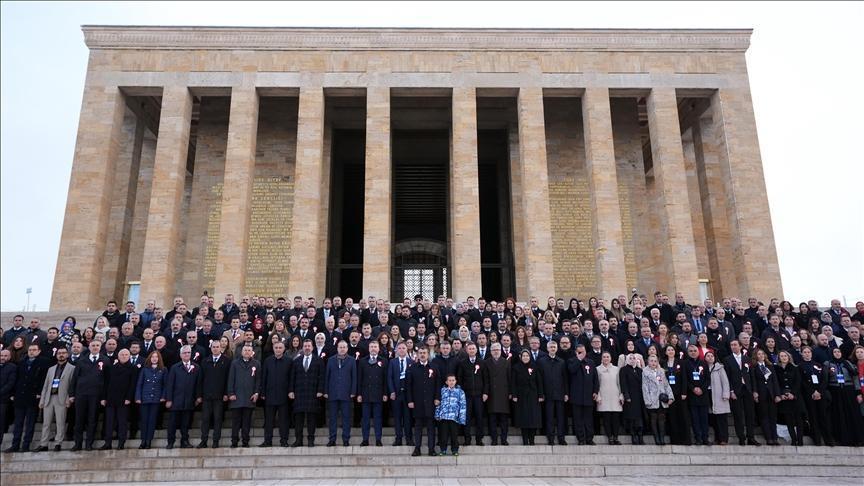Iraq seeks $100 bln to reconstruct transport, agriculture and oil sectors
BAGHDAD - Reuters
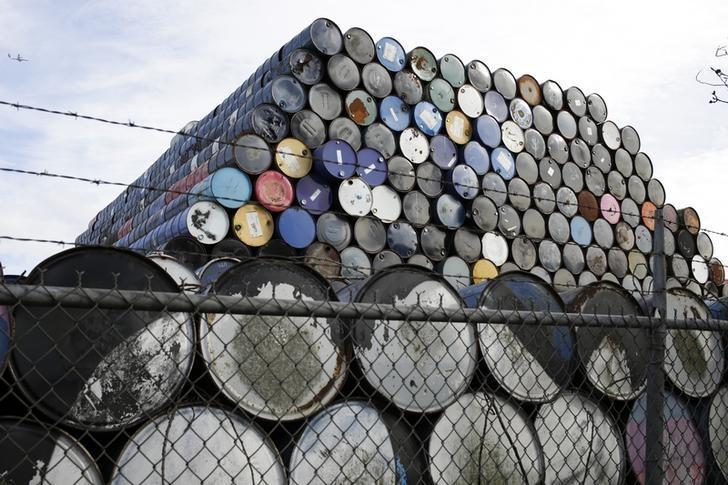
Iraq seeks around $100 billion in foreign investment in transport, energy and agriculture as part of a plan to rebuild parts of the country and revive the economy after a three-year war on Islamic State of Iraq and the Levant (ISIL).
The government’s National Investment Commission published a list of 157 projects it will seek investment for at an International Conference for Reconstruction of Iraq to be hosted by Kuwait Feb. 12 to 14.
Some of these projects are about rebuilding destroyed facilities like Mosul’s airport, while others are new investments to strengthen and diversify the economy away from oil, said an economic advisor to Prime Minister Haider al-Abadi.
“All together, they cost about $100 billion,” the advisor, Mudhar Saleh, told Reuters. Sixteen projects carry a price tag of $500 million or more, according to the list.
Rebuilding homes, hospitals, schools, roads, businesses and telecommunications is key to providing jobs to the young, to end the displacement of hundreds of thousands of people and put an end to several decades of political and sectarian violence.
Iraq declared victory over ISIL in December, having taken back all the territory captured by the militants in 2014 and 2015. A U.S.-led coalition supported the Iraqi forces, especially in the battle to dislodge them from Mosul, their de facto capital in northern Iraq, in July.
The United States government will not contribute funds at the conference but will instead encourage investment from the private sector and Gulf Arab allies, U.S. and Western officials said.
A U.S. official in Baghdad said 100 U.S. companies were participating in the conference.
Three rail projects top the list: a 500-kilometer (311 mile) line from Baghdad to Basra in the south estimated to cost $13.7 billion, a line from Baghdad to Mosul in the north estimated at $8.65 billion and an $8 billion metro for the capital.
Iraq reopened to foreign investment in 2003 after the U.S.-led invasion that toppled Saddam Hussein, but the vast majority of the billions invested went to increasing its oil and gas production.
It has become the second-largest crude exporter of the Organization of Petroleum Exporting Countries, after Saudi Arabia, with a daily output of 4.4 million barrels.
At the conference, Iraq will seek investment in the downstream oil industry including in storage tanks, refineries and petrochemical plants to process its crude into plastics and fertilizers.
Saleh said investments in the oil industry and agriculture will probably be easier to attract than other sectors given the country’s vast crude reserves, available land and water wealth.
Total land offered for investments to grow “strategic crops” is nearly 1,500 square kilometers (580 square miles). Iraq, one of the world’s largest wheat importers, aims to achieve self-sufficiency and possibly become a net exporter of the grain.
“We feel there will be support for Iraq, from the Americans, the Europeans, the Arab countries, the United Nations, and humanitarian organizations,” said Saleh.


